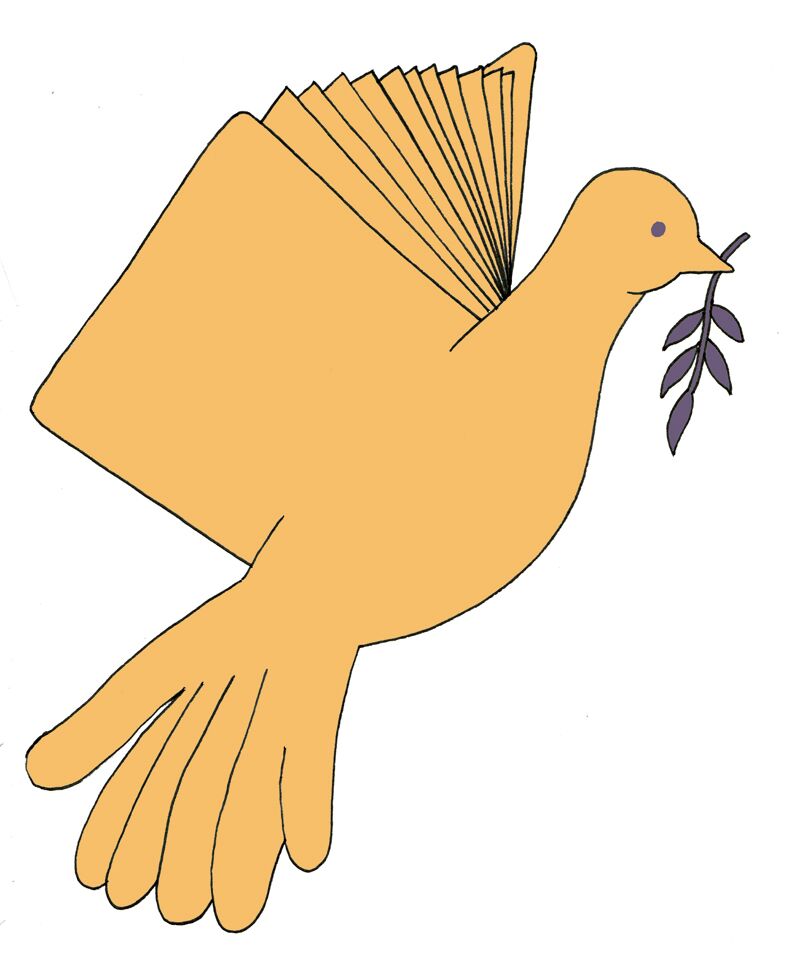One student’s experience as a first-year journalism student and what he has learned
As due dates for finals rear their ugly heads in the nearing weeks, it’s a good time to reflect on my first year at Concordia. When I was accepted into the journalism program, I didn’t think much of it. I didn’t expect it to be hard, because I was in a journalism program in CEGEP. I had this stupid thought that journalism was simple and that I had basically learned all I needed to in CEGEP. Two weeks into my first semester, reality hit me like a freight train. This year, I’ve learned some valuable lessons that came from trial and a whole lot of error.
The first lesson I learned was when we were asked to interview people for a streeter article. I don’t have a problem talking to people one-on-one, but not when I have to engage the conversation, so it was already a rocky start. When one of the first people I tried to talk to told me to “go away” using more colourful language, morale was pretty low. However, determined to do well on my very first serious assignment of the semester, I kept at it, and sure enough, some people were willing to talk to me. I learned that while not everyone will want to talk to me, people are generally nicer than I think they are, and it’s all about how you approach the conversation.
Another important lesson was to always have a contingency plan. No matter how bulletproof you think your plan A is for an assignment, you always have to be prepared for the worst-case scenario. I recently learned that the hard way, when a topic for a feature story I was going to write fell through just over a week before the due date. Being the ever-so-foolish optimist that I was, I never considered a plan B, because I never considered the possibility that my story might fall apart. I was anxious and stressed out, but my teacher and classmates helped me find a new topic for my article. Everything worked out in the end—but it was a real eye-opener.
The most important lesson wasn’t something I learned from the journalism program, but from applying to another program, creative writing, and failing twice. When I first failed to get into the program, I was shocked; I was sure my writing was good enough to get me admitted. I thought it was simply because I didn’t read the guidelines clearly (I didn’t) and that my rejection had nothing to do with the quality of my portfolio.
When I failed the second time, I reviewed the stories I submitted, and noticed all the amateur mistakes I had made; mistakes that I’d never made before. It was a real wake up call for me. I was so focused on shaping my story the way I wanted that I didn’t consider writing it properly. So confident that I was above making stupid grammatical mistakes, I never bothered to reread them before submitting. Those failures made me realize that no matter how good you think you are at something, that shouldn’t stop you from improving and working hard.
After only one year at Concordia, I have learned a lot about myself, especially what I need to improve. My time studying journalism has taught me to be more diligent, better prepared, but most of all, to never take the easy way out—to always work hard. I hope the following years spent studying here help mould me into a better student and a better person.
Archive Graphic by Alexa Hawksworth
